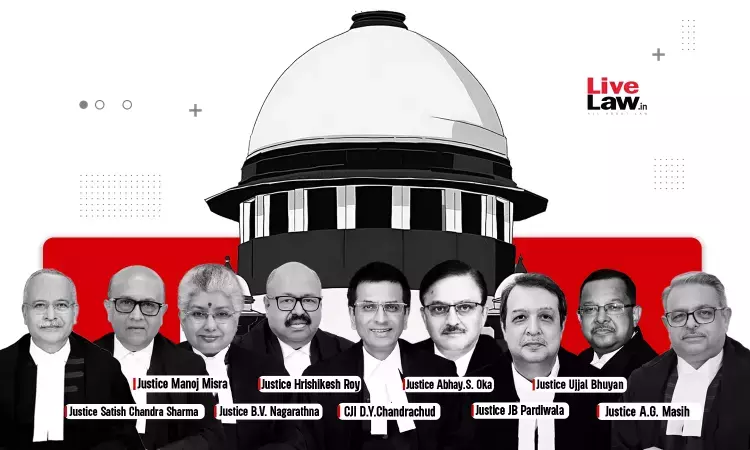States' Taxation Powers Must Be Protected From Unconstitutional Interference By Parliament: Supreme Court On 'Fiscal Federalism'
LIVELAW NEWS NETWORK
25 July 2024 7:37 PM IST

""Any dilution in the taxing powers of the State legislatures will necessarily impact their ability to raise revenues, which in turn will impede their ability to deliver welfare schemes and services to the people."
Next Story


